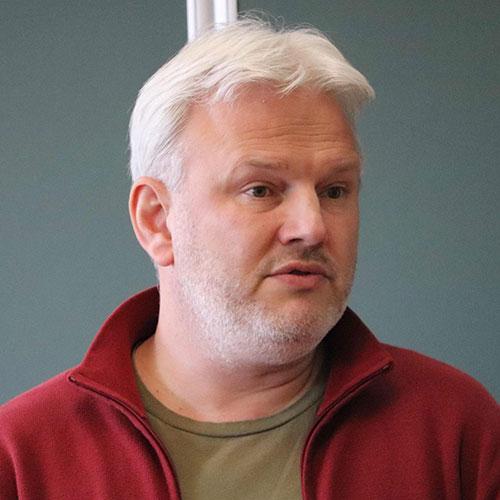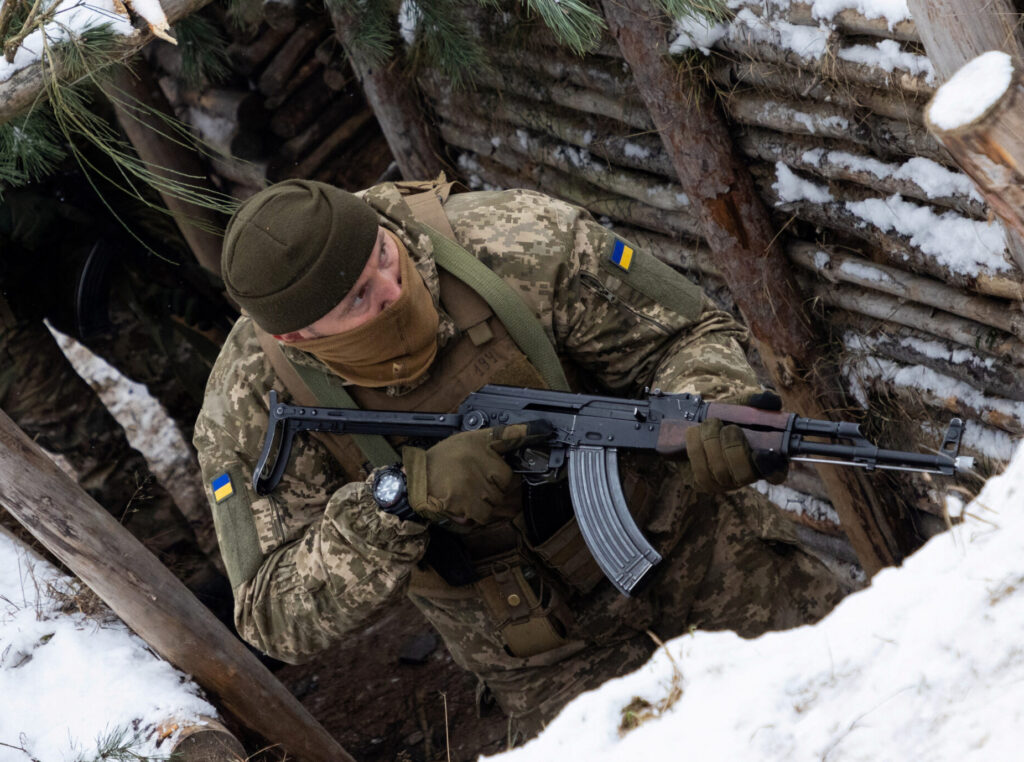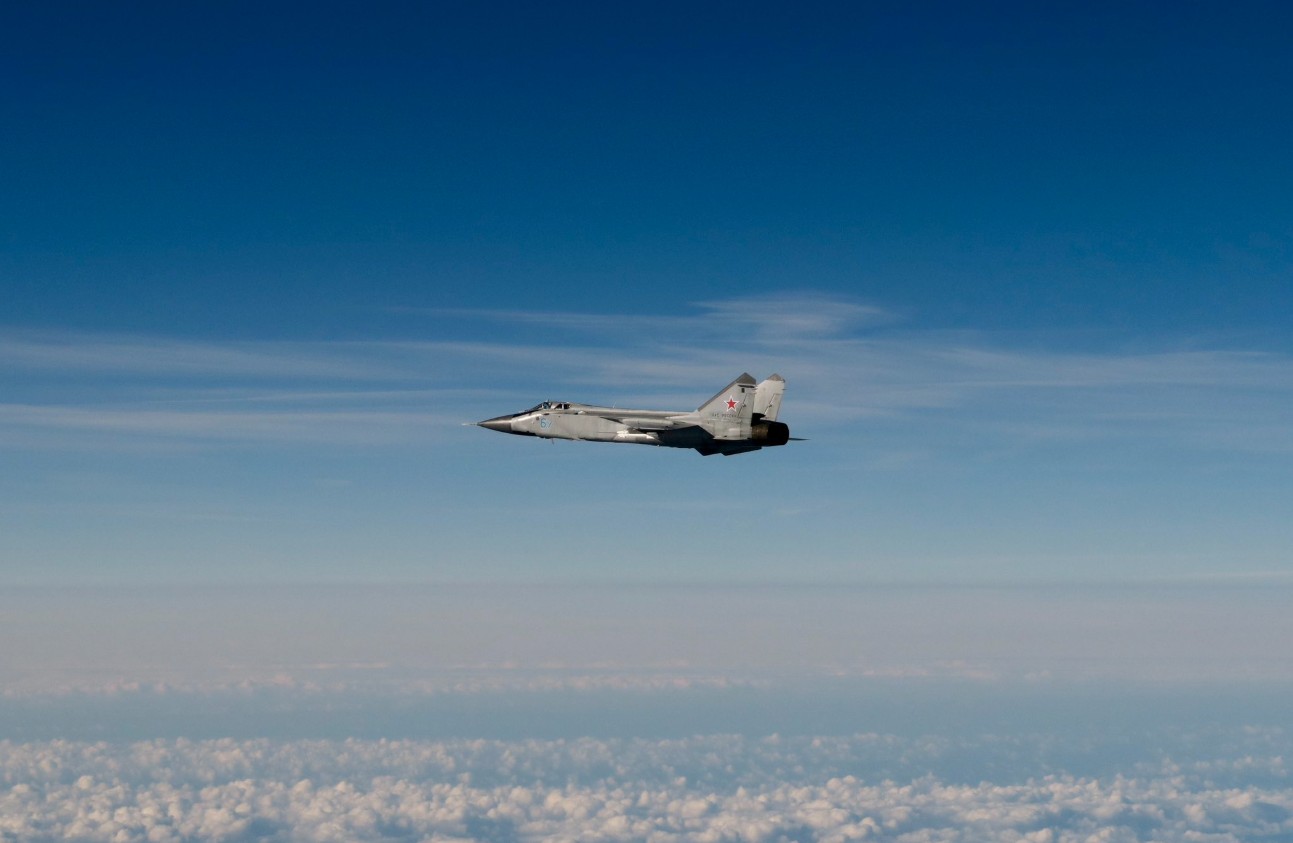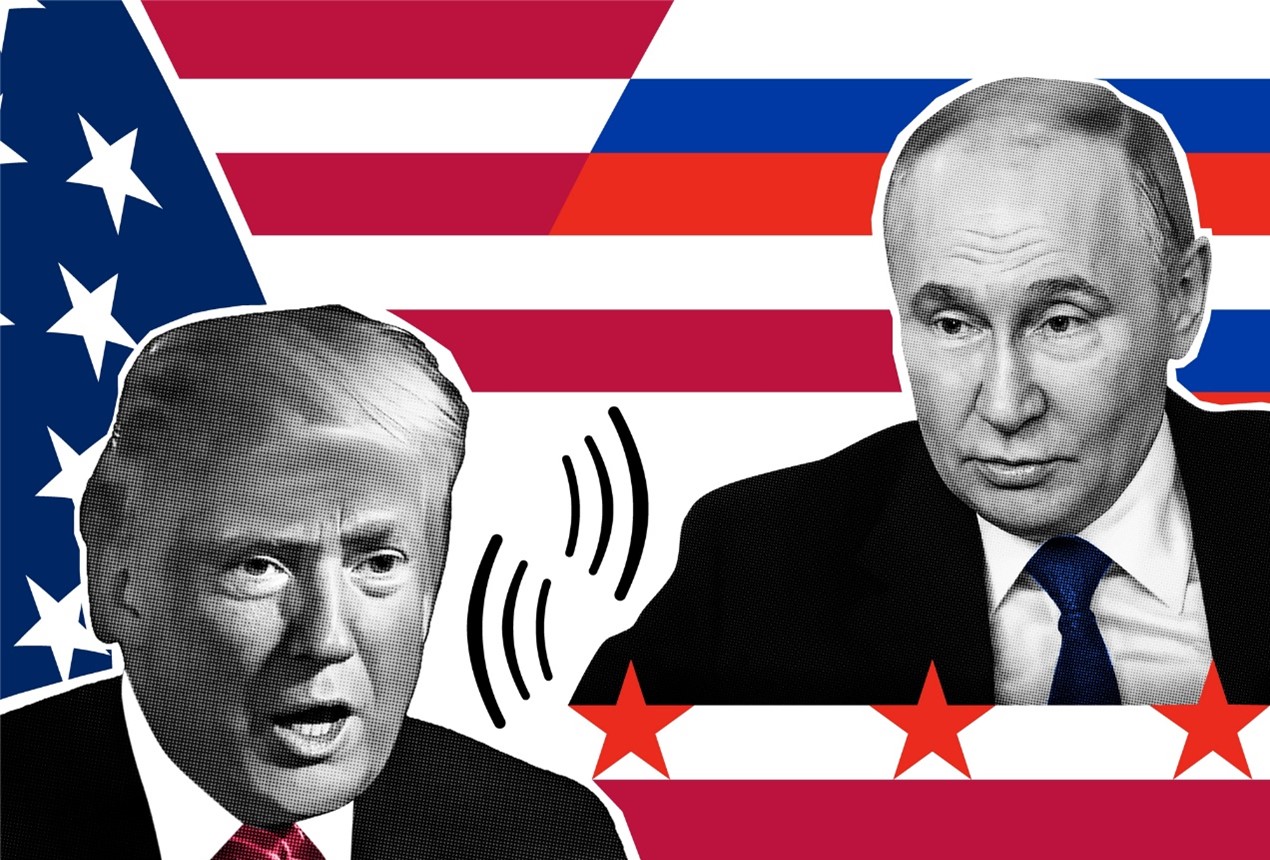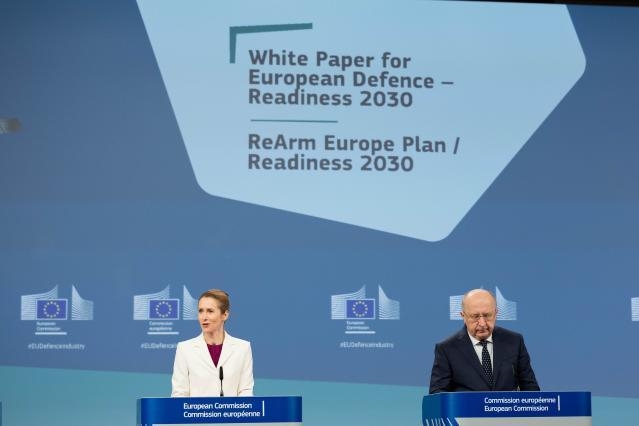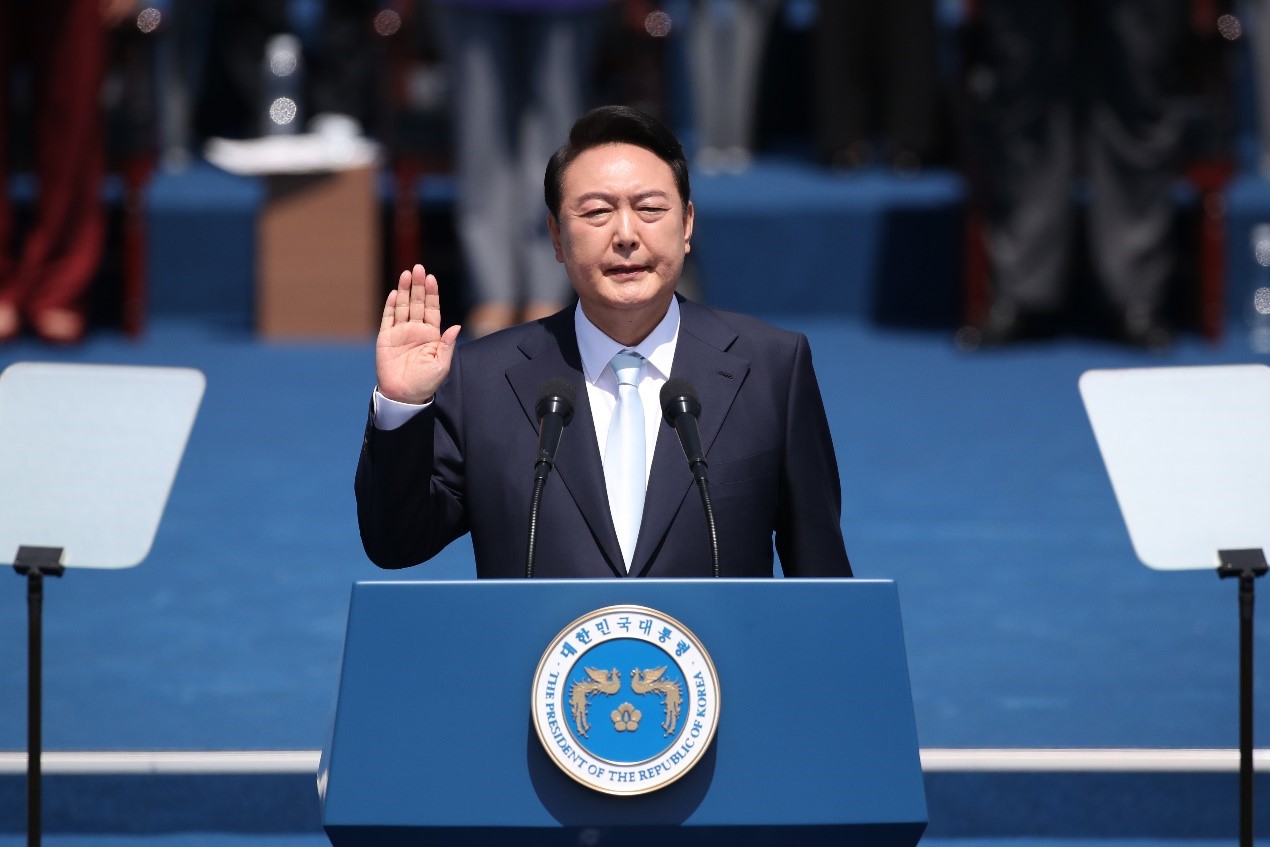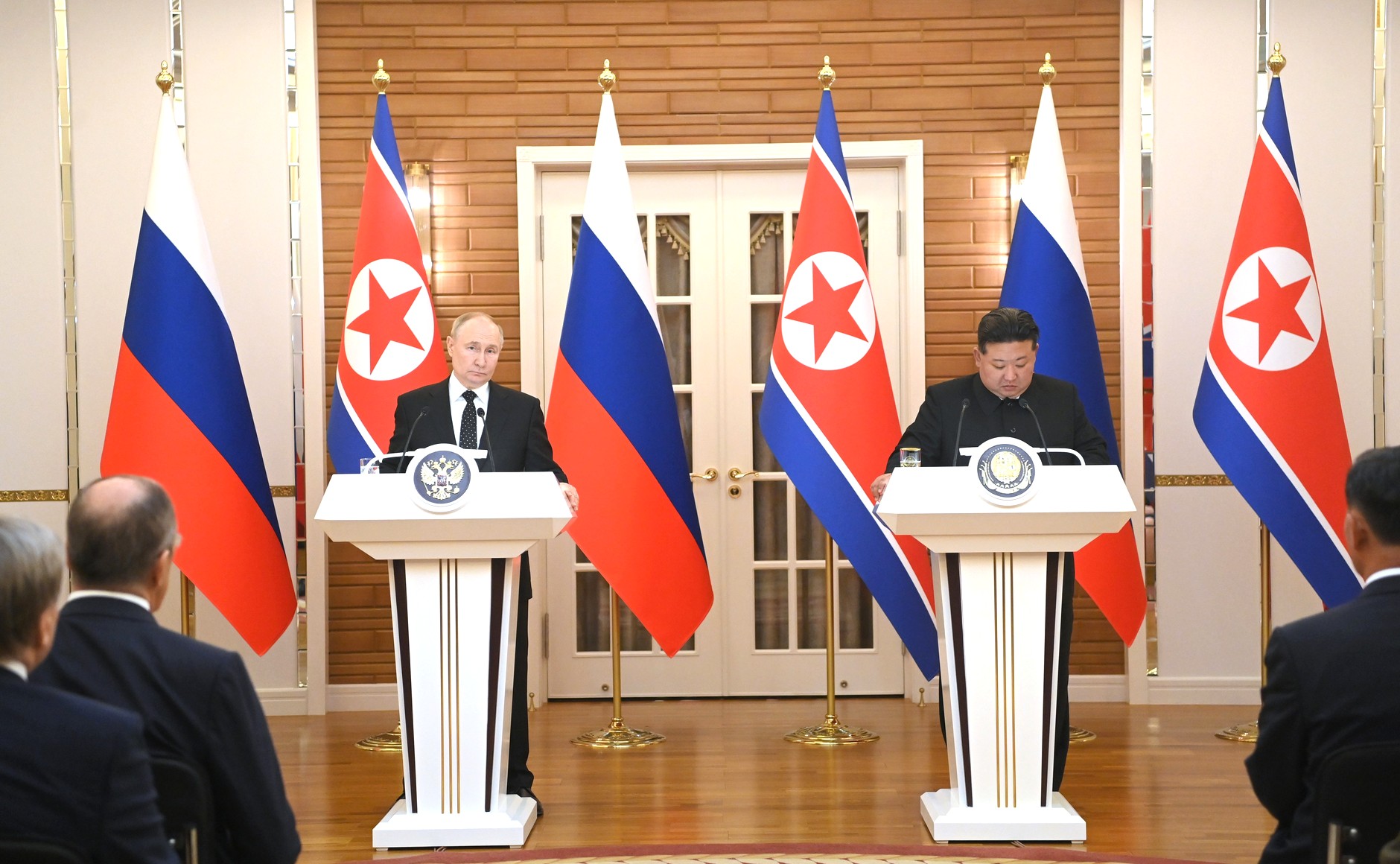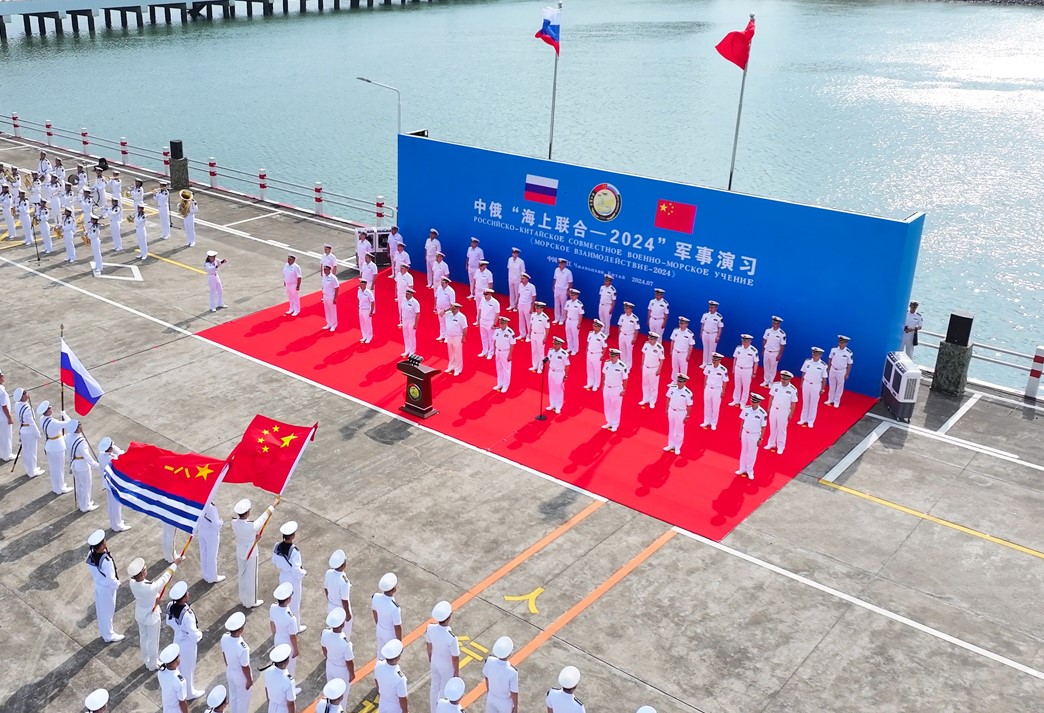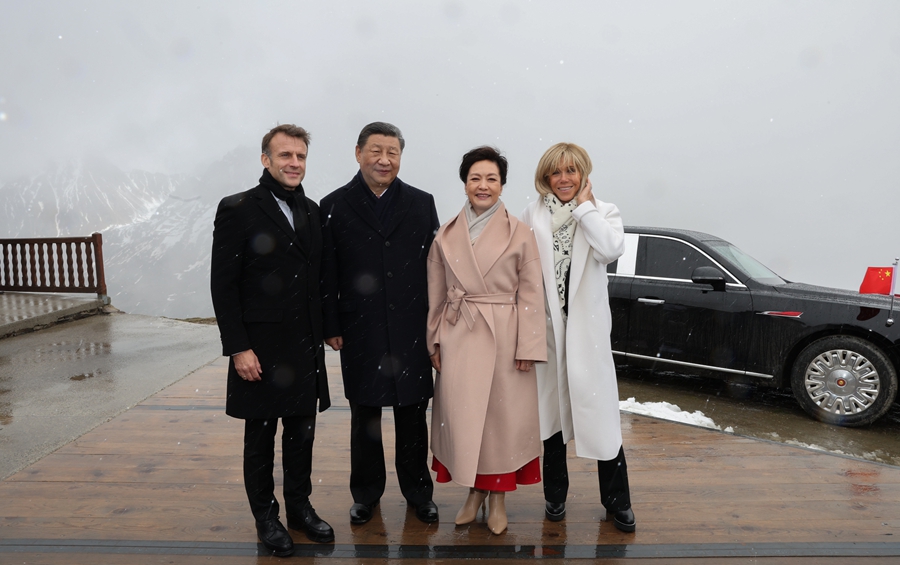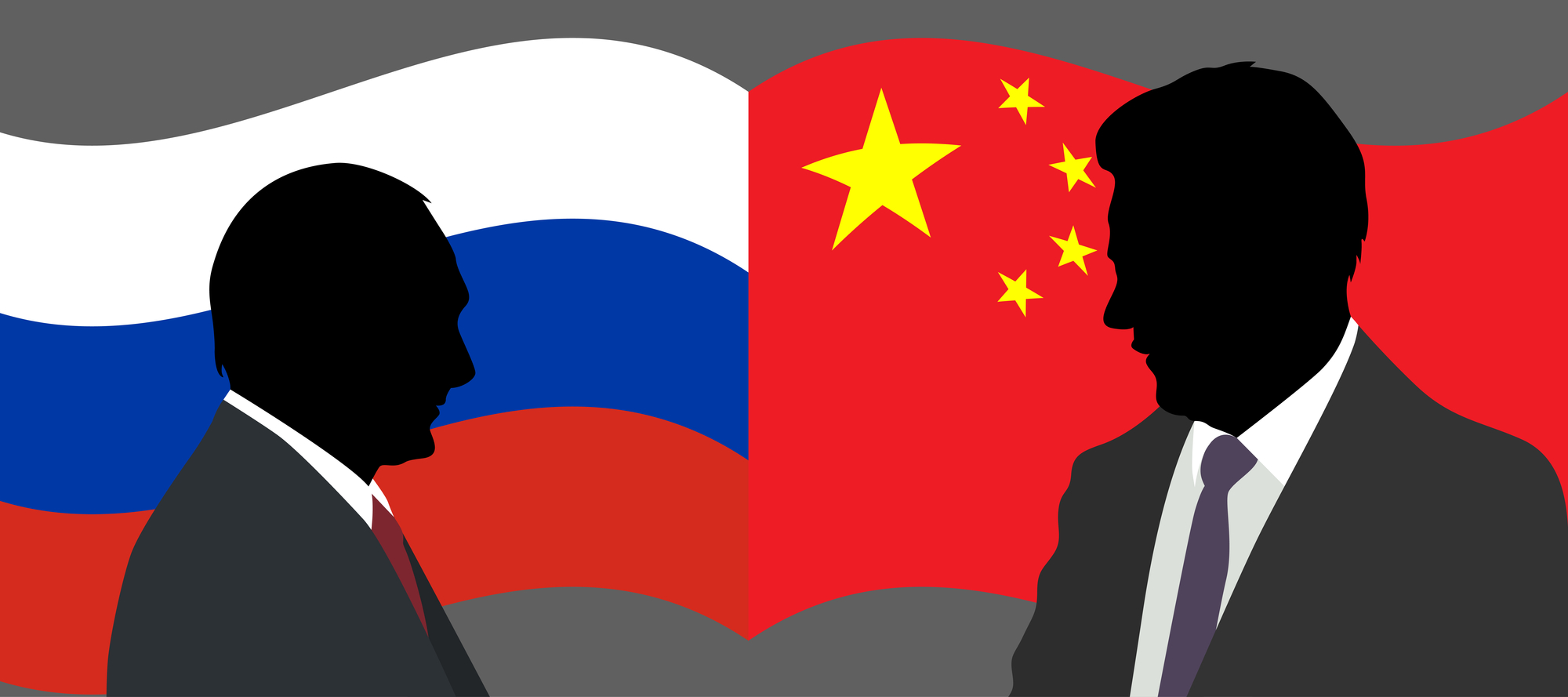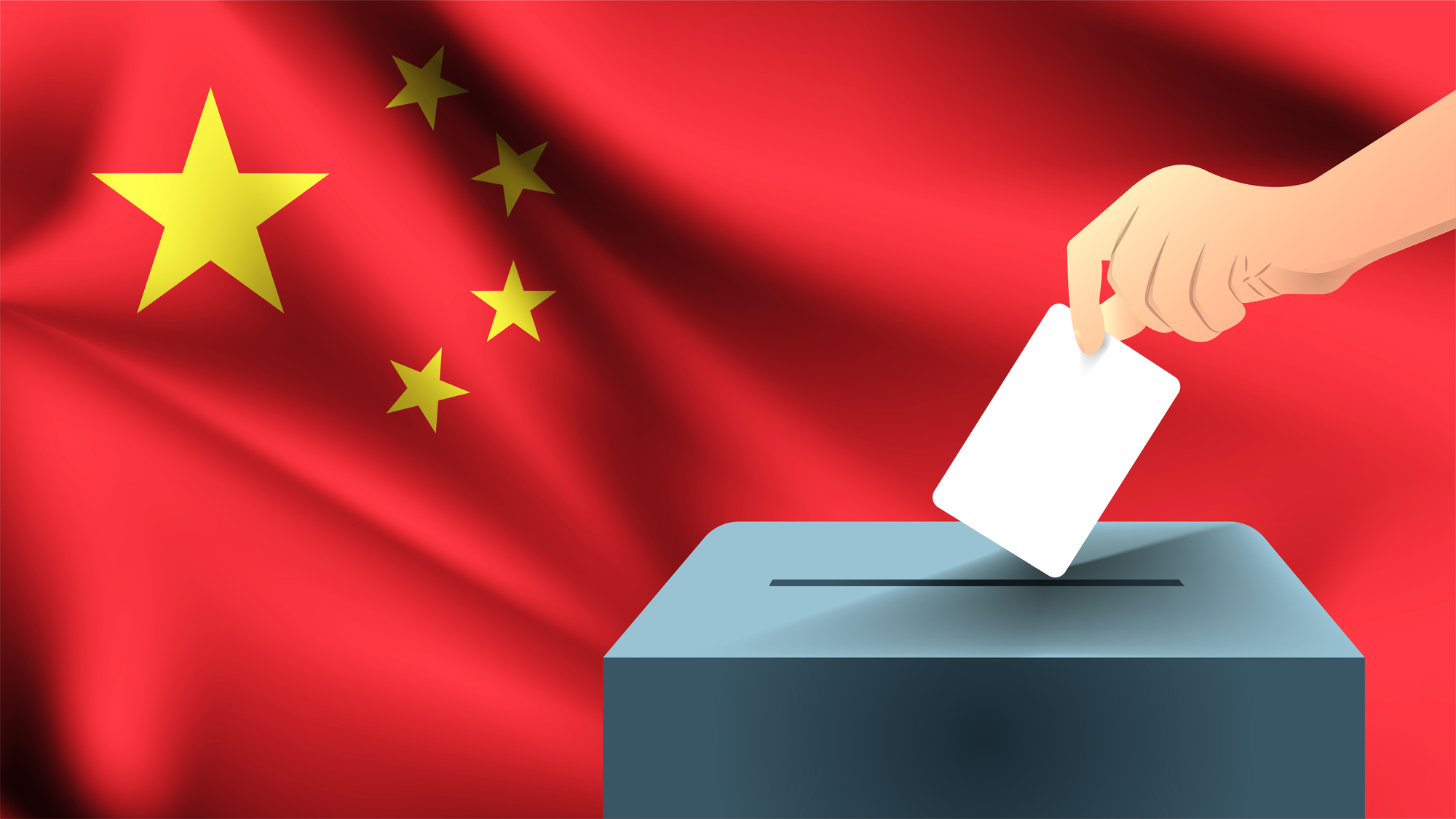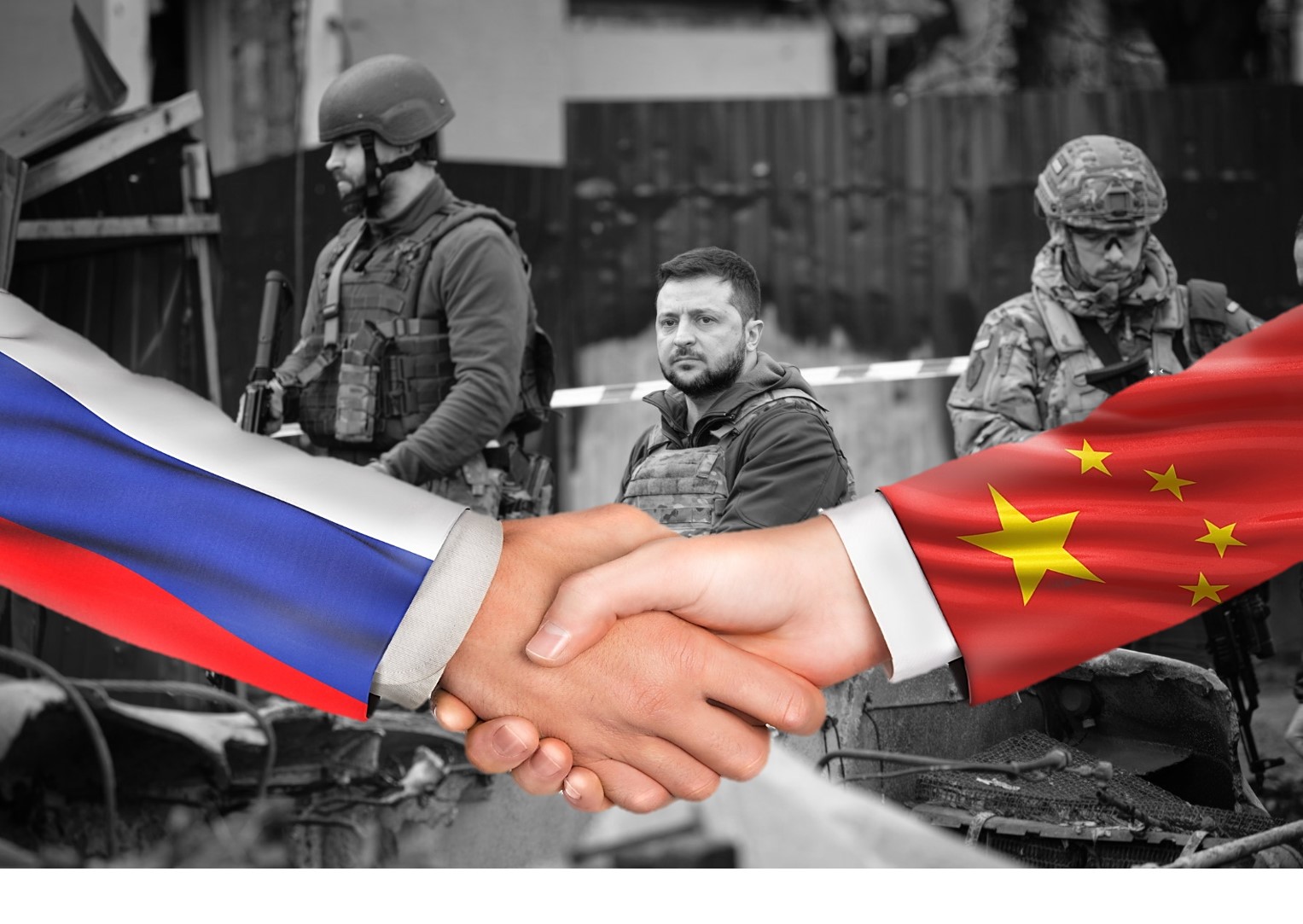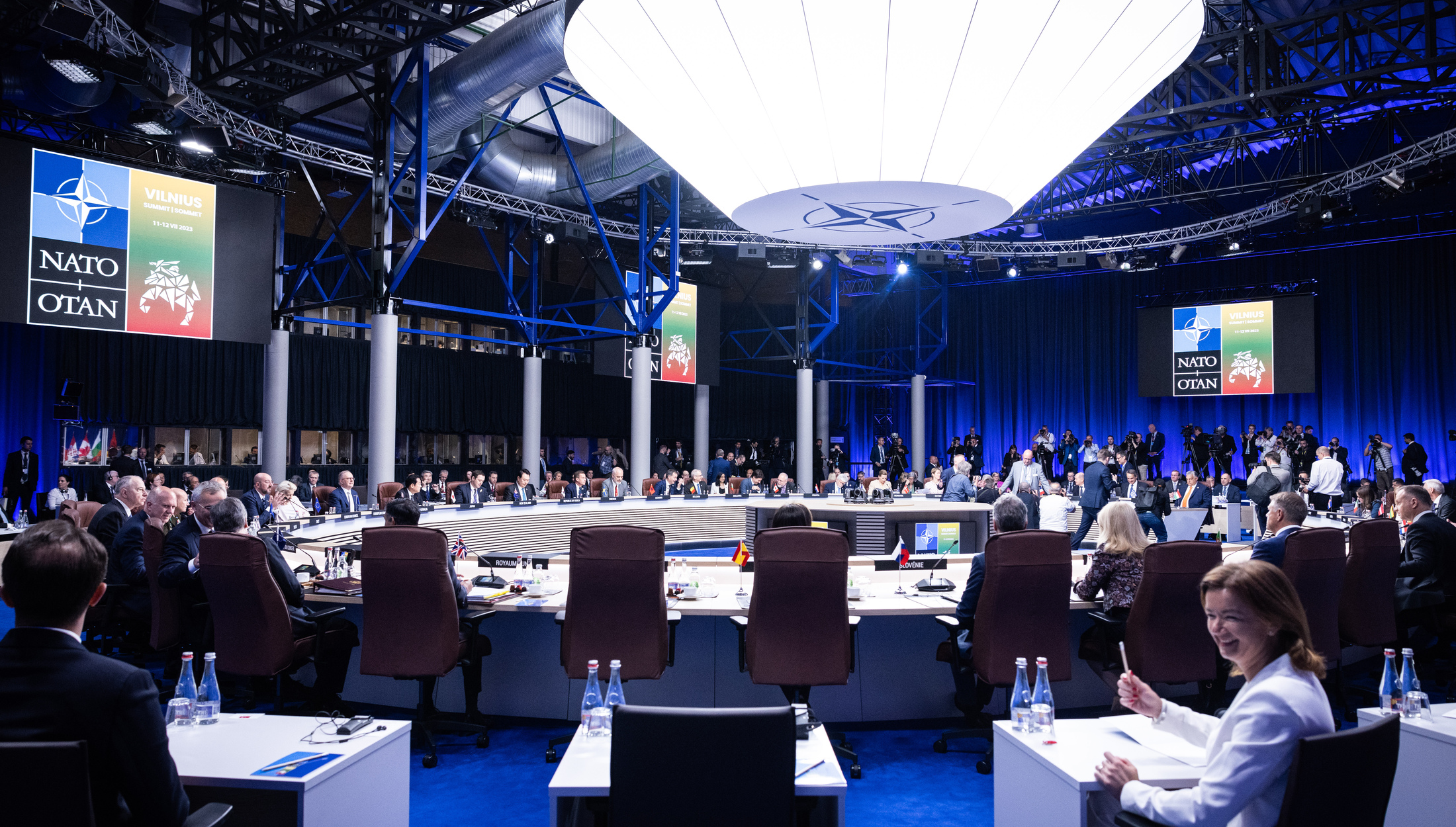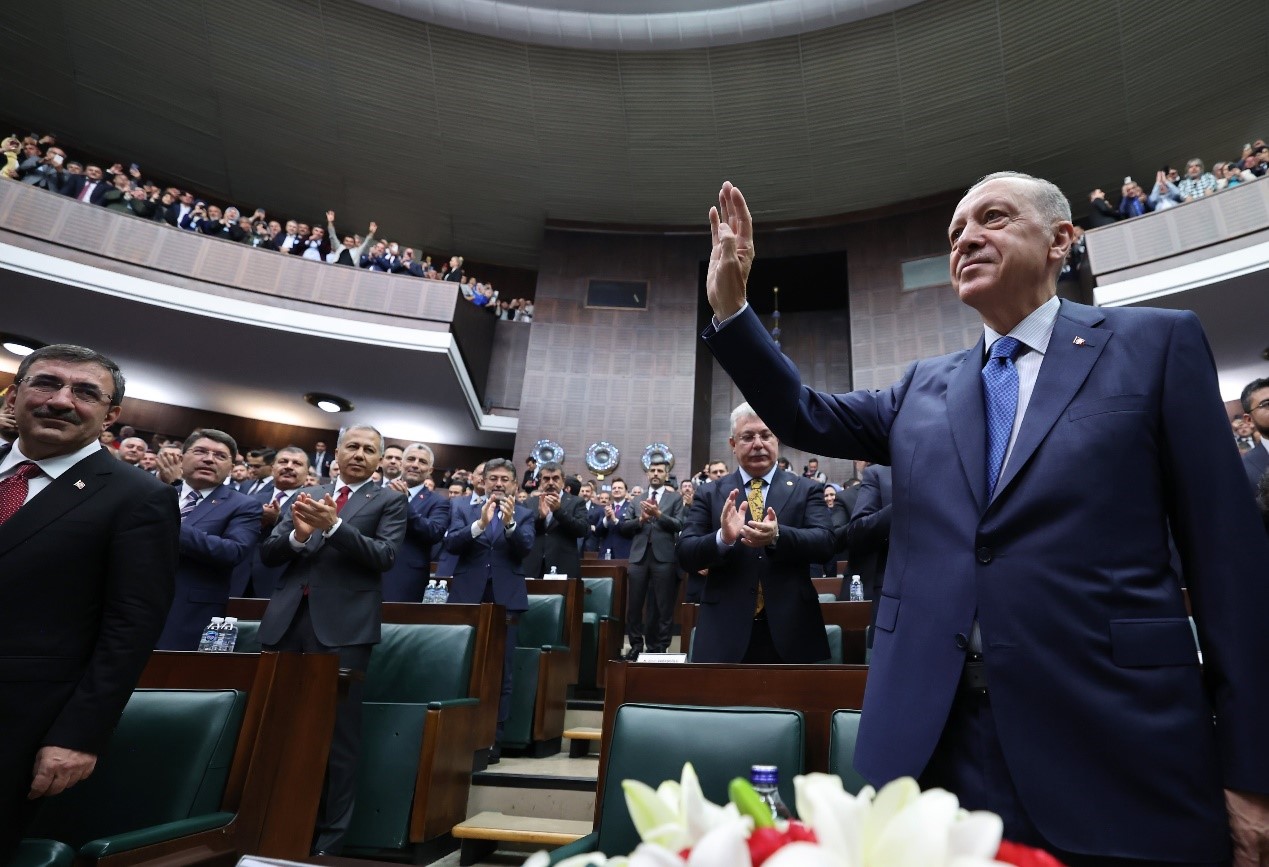While there is no end in sight at the moment, denying Putin a victory was, and remains, a goal that matters for the future of the world. It makes people safer. It shows that democracies can consolidate their efforts in the face of common threats. Picture source: Mykola Bielieskov, January 4, 2024, Atlantic Council, https://www.atlanticcouncil.org/blogs/ukrainealert/paving-the-way-for-putins-defeat-ukraine-must-prioritize-defense-in-2024/.
Prospects & Perspectives No. 16
The Ukraine War Enters its Third Year
By Volodymyr Dubovyk
Ukrainians have demonstrated tremendous resilience in the face of a massive aggression; they have also shown an ability to consolidate their efforts and to organize themselves for the common goal of fighting back the enemy. The armed forces of Ukraine have naturally been in the vanguard of this resistance, but everyone did their part. Civil society has mounted an extraordinary effort to support the war effort and help those affected by the invasion. The government has worked around the clock and has shown itself capable of running the country under the most extraordinary circumstances. Ukraine has proved that it is far from being a failed state, even under this most dire stress. The trains run on time, and the mail continues to be delivered. It makes this author especially proud that Ukrainian children can continue to go to school, even if that often requires teachers to conduct their classes in underground bomb shelters.
Protracted war
But now this resilience is tested by the reality of a protracted total war. The Ukrainian military has been hit hard by the war against the formidable Russian enemy. It is now crucial that ways be found to rotate and replenish military ranks. The weapons that have been transported from a number of countries to Ukraine have allowed Ukraine to remain in the fight, but there is reason to believe that this is not enough to sustain Ukraine for a longer war. Russia has managed to create solid defensive lines in the south and east of Ukraine, and therefore Ukrainian attempts to go on the offensive in 2023 were unsuccessful. The current stalemate requires even more support than before. The recent Ukrainian withdrawal from the town of Avdiivka has underscored the difficulties facing Ukrainian troops, challenges which are now aggravated by an acute ammunition shortage.
Life behind the frontlines is also arduous. Constant air raid alerts, as well as missile and drone strikes that can reach anywhere in Ukraine, are a new fact of life. Ukraine’s air defenses have done an amazing job with the equipment at their disposal, but here, too, the supply of arms is not indefinite. The continual assaults disrupts the daily lives of the Ukrainian people in a major way. One can die at any moment. Much of the economy is in ruins, innumerable jobs have been lost, and millions have been internally displaced or are refugees abroad, unable to return home. The nation is dealing with a collective PTSD.
All of this notwithstanding, Ukrainians are nowhere near their breaking point, unwilling to give up or surrender. This is just not an option for them. This is an existential fight, with Vladimir Putin refusing to change his rhetoric or policies; the Russian leader does not appear to have given up on his plans to destroy Ukraine altogether. Massive war crimes, repression against people in the occupied lands — including Ukrainian educators, churches, cultural institutions, burning Ukrainian books and more — all demonstrates that the Kremlin is hell-bent on destroying not just Ukraine’s military but its very culture, soul, an future.
All this explains why the potential for a ceasefire or peaceful agreement is highly doubtful, given Russia’s desire to consolidate its territorial gains in Ukraine, and, quite probably, keep pushing further. Ukrainians, for good reason, do not trust Moscow, and do not expect that any potential ceasefire could bring lasting peace to their country. There is widespread fear that Russia could use a pause in the fighting to rebuild its forces and strike with renewed vigor.
Regional tremors
The outcome of the war in Ukraine is of undeniable interest to countries and people well beyond Ukraine. Others in the region are greatly concerned by the Russian onslaught. Will Moldova keep its sovereignty and be able to restore its territorial integrity? Will Belarus ever have a chance to taste freedom after decades of dictatorship? What will be the ultimate impact on the Southern Caucasus? Will the Baltics fall to Russian aggression — be it hybrid warfare or an open similar the one launched against Ukraine in February 2022? What are then potential ripple effects in the wider Black Sea region, where the impact of the disrupted grain trade has had significance globally? The list is not complete. This war has the potential to have a major impact across many regions.
NATO’s eastern flank has witnessed a major uptick in military preparedness in the past two years, something unseen since the Cold war. Finland and Sweden, two long-time neutral countries, have joined the alliance, feeling that their robust investment in their defense is not enough under the current circumstances. There has been a shift from a deterrence posture to actual active defense. There is increased forward basing. Throughout all this, NATO has been reminded of its core character and mission.
The rest of Europe has had a rude awakening. Even those who were notoriously soft on Russia, countries of in Southern Europe, for instance, are now lining up to offer more assistance to Ukraine. The EU has suddenly found its voice: all those discussions over the years about common foreign affairs, security and defense policies have given way to major initiatives in these realms. The EU is now an assertive security actor, something that had never been seen before.
The war has also sparked discussions about the North-South divide with unprecedented urgency. All of a sudden, it no longer seems to matter what countries in the Global South think, or what their position is on the ear. This is something unheard of since the Cold War, when many developed countries were forced to take sides.
A world transformed
The Asia-Pacific has also been very alert to the signals emanating from the Russia-Ukraine war. Will this war solidify the China-Russia alliance, making Beijing’s position even stronger regionally and globally? Or will it undermine China’s surge in power and influence? Will the experience of the Russian invasion of Ukraine embolden the leadership in Beijing or make it more restrained and cautious? It is perhaps too early to say definitely, but it will undeniably have an impact. With countries from Japan and South Korea to Australia and New Zealand aiding Ukraine in varying but meaningful ways, the echoes will reverberate long after the war.
While there is no end in sight at the moment, denying Putin a victory was, and remains, a goal that matters for the future of the world. It makes people safer. It shows that democracies can consolidate their efforts in the face of common threats. The success of the pro-Ukraine coalition is proof of that. We need to build upon this call to arms and not lose the sense the urgency and tempo of assistance. Canada’s support to Ukraine has shown that it understands the stakes, that it is basing its policy on both values and interests, and that it is on the right side of history in these decisive and testing times. The recent allocation of additional funds for the purpose of training Ukrainian F-16 pilots is yet another manifestation of this support. Ukrainians appreciate this aid with all their hearts. But more is needed. We have to stay the course. For our freedom and yours, and for the sake of our common security.
(Volodymyr Dubovyk is a Non-resident Senior Fellow with the Democratic Resilience Program at the Center for European Policy Analysis (CEPA).)

